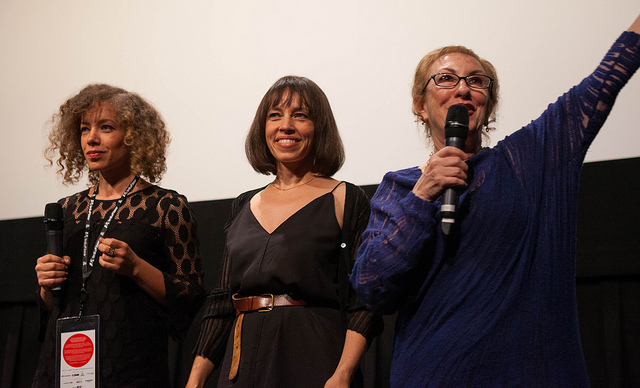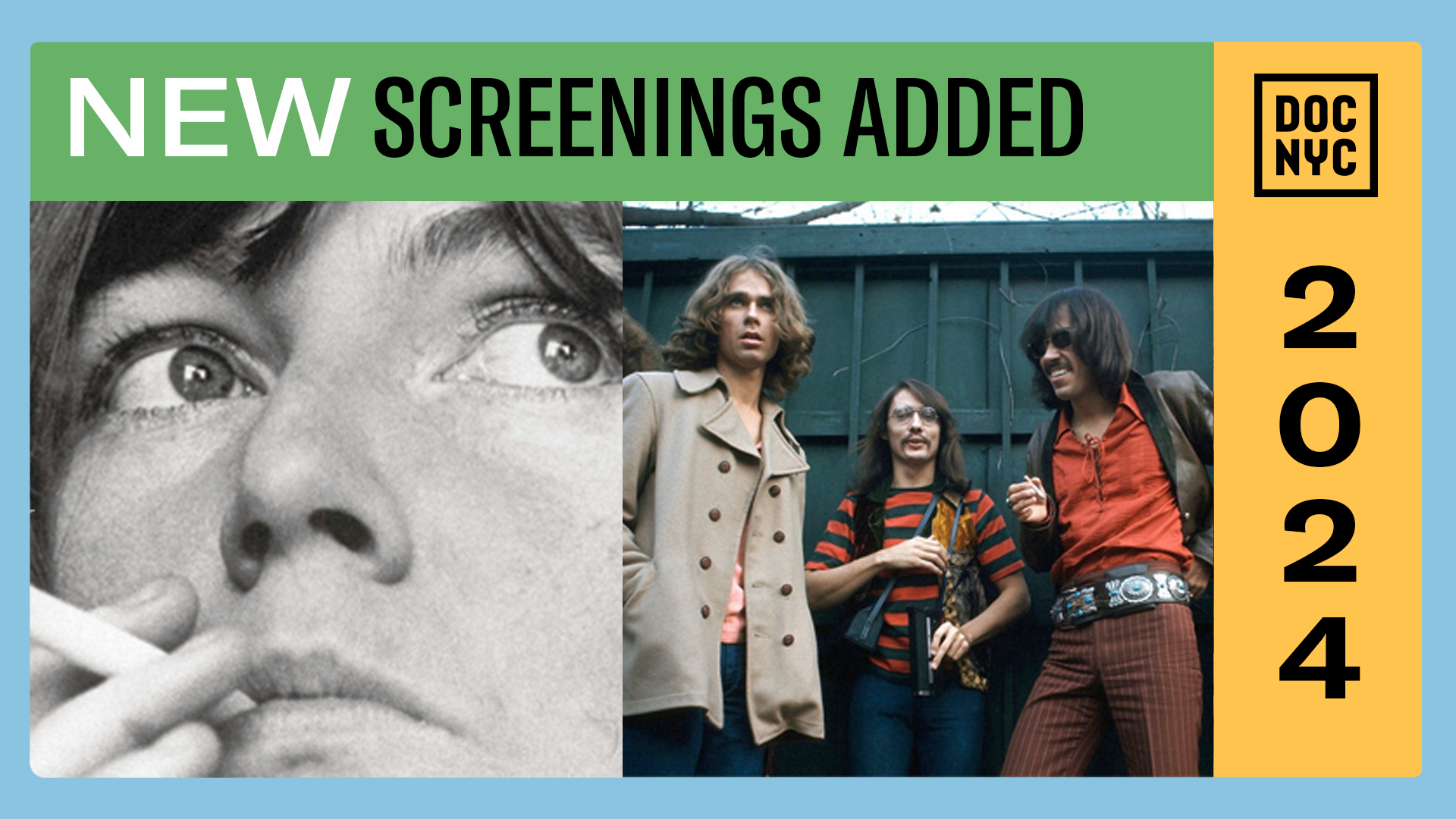American Commune: An Experiment in Utopian Living

This post was written by DOC NYC blogger Jess Gonzalez

Many people have unusual anecdotes about their childhoods, but few can say they grew up in a hippy commune. This is both the privilege and burden of Rena Mundo Croshere and Nadine Mundo, sisters and co-directors of AMERICAN COMMUNE. The film, which played for a nearly full house at DOC NYC on Sunday afternoon, tells the tale of a young family who grew up on The Farm, the largest and longest-running utopian commune in our country’s history.
Founded by hippy spiritual leader Stephen Gaskin in 1970, The Farm began with over 1,500 residents who surrendered all earthly possessions in favor of a pure, almost ascetic lifestyle on the outskirts of Summertown, Tennessee. Everyone farmed together, ate together, slept together, and helped raise each other’s children. The goal was to create Utopia. For many of the residents who simply could not abide the frazzled, violent vibes of society at the time, they had—at least for a decade or so—succeeded.
“They were really pioneers in a lot of things like organic farming and midwifery and vegetarianism,” said Rena during the Q&A after the film. “Things that when you walk into Whole Foods, you’re kinda like, ‘Oh yeah, this is just normal.’ But back in the day, it wasn’t normal.”
But the focus of AMERICAN COMMUNE isn’t really on the sociopolitical climate of the 1970’s, or even The Farm itself. It’s also a deeply personal exploration of the Mundo sisters’ experience growing up there, as well as the emotional fallout that followed their family’s departure in 1985. Nadine, like many children from the commune, spent years struggling to figure out her place in the “normal” world, often lying about her past out of shame and confusion. And although it was a celebratory event, the Farm reunion featured in the film served almost as a support group for former commune children who to this day harbor feelings of being unmoored in the outside world.
“One of the things that’s been interesting at the different screenings at the different festivals,” said Jan Mundo, the mother of the directors who also participated in the Q&A. “Afterward people have written to [Rena and Nadine] to get to me and say, ‘The story of your marriage and divorce—that was my story.’”
Several former residents of The Farm were in attendance, as well as a few individuals raised in similar alternative environments. An important question brought up during the Q&A was how other people who grew up in communes felt about the film.
“The response has been great,” said Nadine. “I think it has been something where people draw on their own childhood and can feel comfortable talking about it.”
Jess Gonzalez is a writer and serial film festival volunteer from across the Hudson River.


